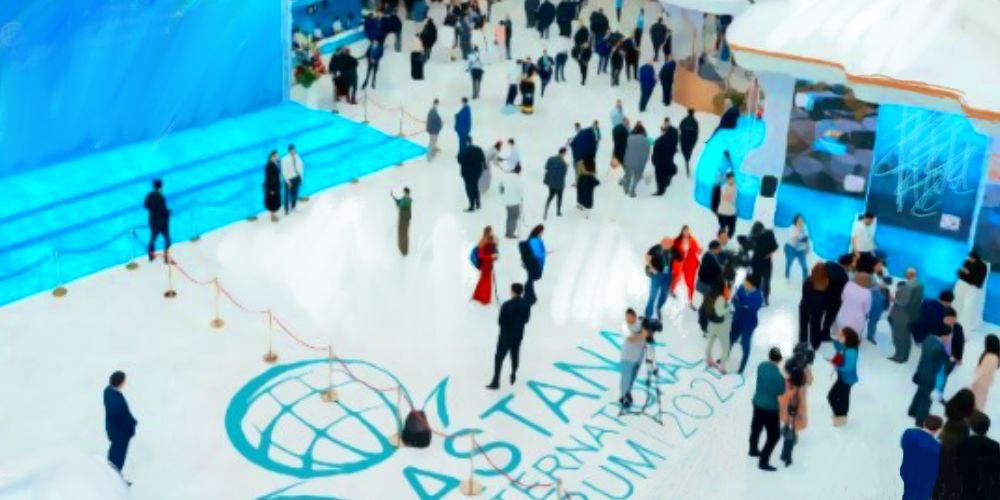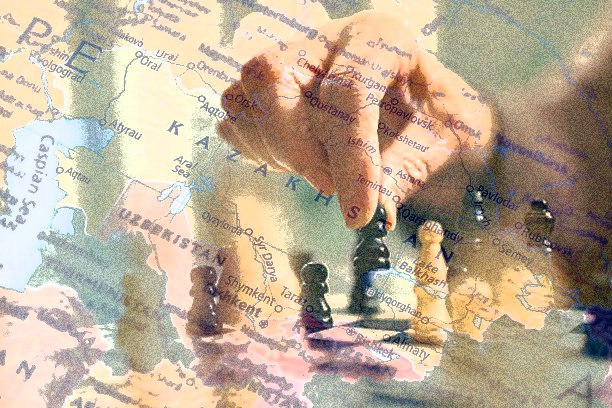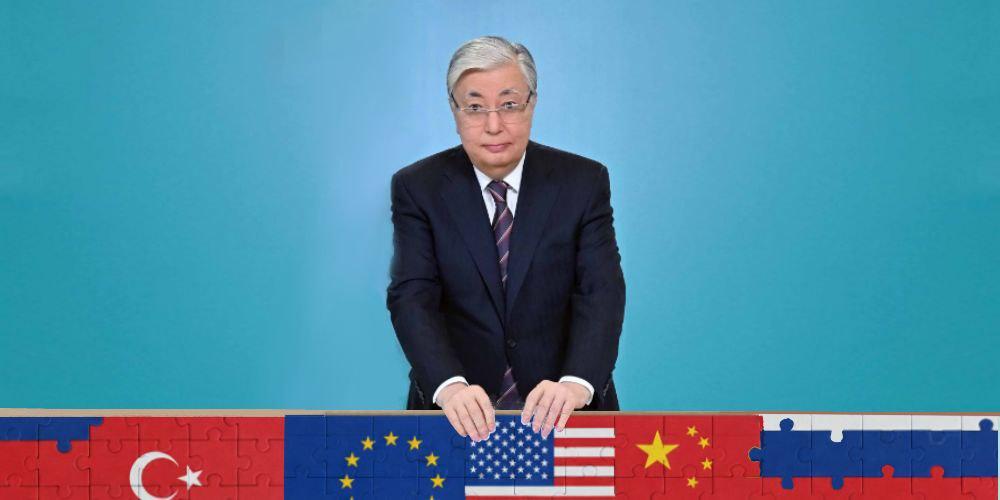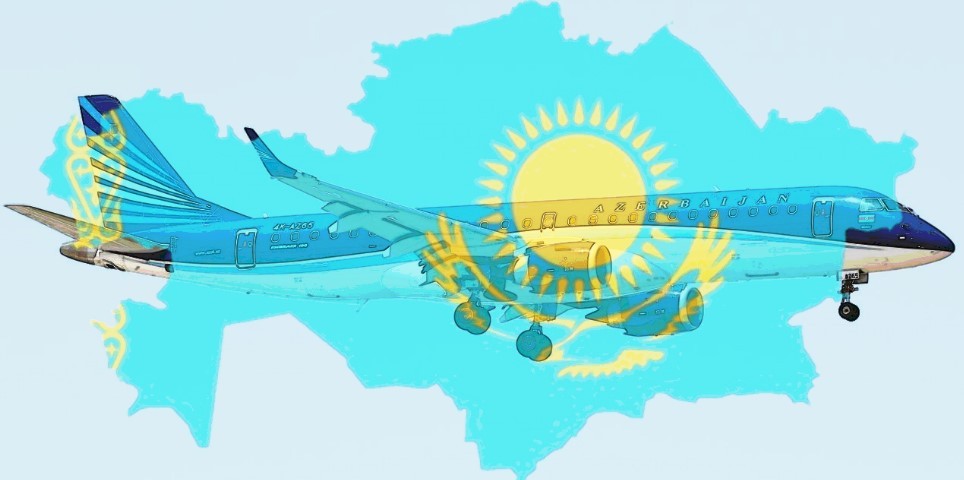Kazakhstan’s Astana Forum Offers Global South a New Multi-Vector Platform
Kazakhstan will convene the Astana International Forum (AIF) later this month, on May 29–30, emphasizing its profile as an active mediator in the evolving architecture of global diplomacy. The AIF began in 2008 as the Astana Economic Forum, originally conceived as a technocratic venue focused on macroeconomic development, fiscal strategy, and public-sector reform. In its early iterations, it drew regional economists, central bankers, and international development agencies together to discuss Kazakhstan’s integration into global financial institutions. While modest in its geopolitical profile, the Forum reflected Astana’s broader ambitions to participate in the global rules-based order without overt alignment. In 2023, the AIF was reconstituted with its new, broader mandate in response to international demands for such forums, given the evident erosion of consensus in multilateral governance structures. President Kassym-Jomart Tokayev has invoked Kazakhstan’s unique geopolitical position to advocate for the AIF as a new platform of balanced engagement, to serve as a “bridge between East and West,” reflecting Astana’s accumulated experience in dialogue facilitation and its ambition to ameliorate the deepening fragmentation of the international system. The rebranding of the Forum was more than cosmetic. It marked a deliberate effort by Kazakhstan to reach out beyond its customary Eurasian frame of reference. The Forum aspires to be a diplomatic innovation, seeking to complement existing institutions like the UN or OSCE without replacing them: a more flexible platform that would be more responsive to emergent global dynamics. This aspiration is of a piece with Kazakhstan’s growing participation in multilateral forums, serving different geopolitical functions, such as the Conference on Interaction and Confidence Building Measures in Asia (CICA) and its engagements within the Shanghai Cooperation Organisation (SCO) and Organization of Turkic States (OTS). The AIF is envisioned as a complementary structure that transcends bloc affiliations, facilitating fluid dialogue among ideologically diverse actors. The 2024 edition of the Forum was intended to be larger-scale than the 2023 version, but it was abruptly canceled after catastrophic flooding struck several regions, an event President Tokayev described as the most devastating natural disaster in the country in eight decades. The state redirected its attention and resources toward recovery, and the Forum was deferred. The 2025 iteration, now reactivated, has adopted the banner message, “Connecting Minds, Shaping the Future.” This reflects an underlying logic in Kazakhstan’s foreign policy that privileges "multi-vectorialism" as a structure for autonomy. Within that structure, the AIF is seeking to create space for engagement among actors that often find themselves excluded from the inner circles of traditional diplomacy: the so-called "Global South," mid-sized Western powers, and immediate regional stakeholders. The agenda of the 2025 AIF consolidates four previous thematic streams into three: Foreign Policy and International Security, Energy and Climate Change, and Economy and Finance. This thematic restructuring signals an intention to deepen the Forum’s analytical focus while retaining general breadth across domains characterizing Kazakhstan’s long-term strategic interests. These interests are conditioned by the continuing development of Kazakhstan's economy. Domestic economic growth is projected to reach 4.5 to 5.0% in 2025, driven by...






